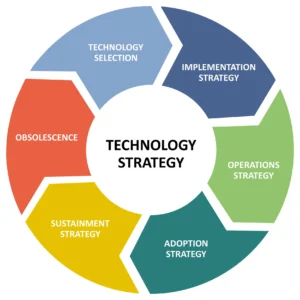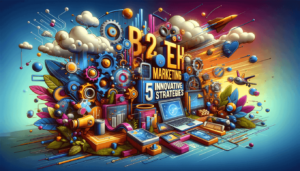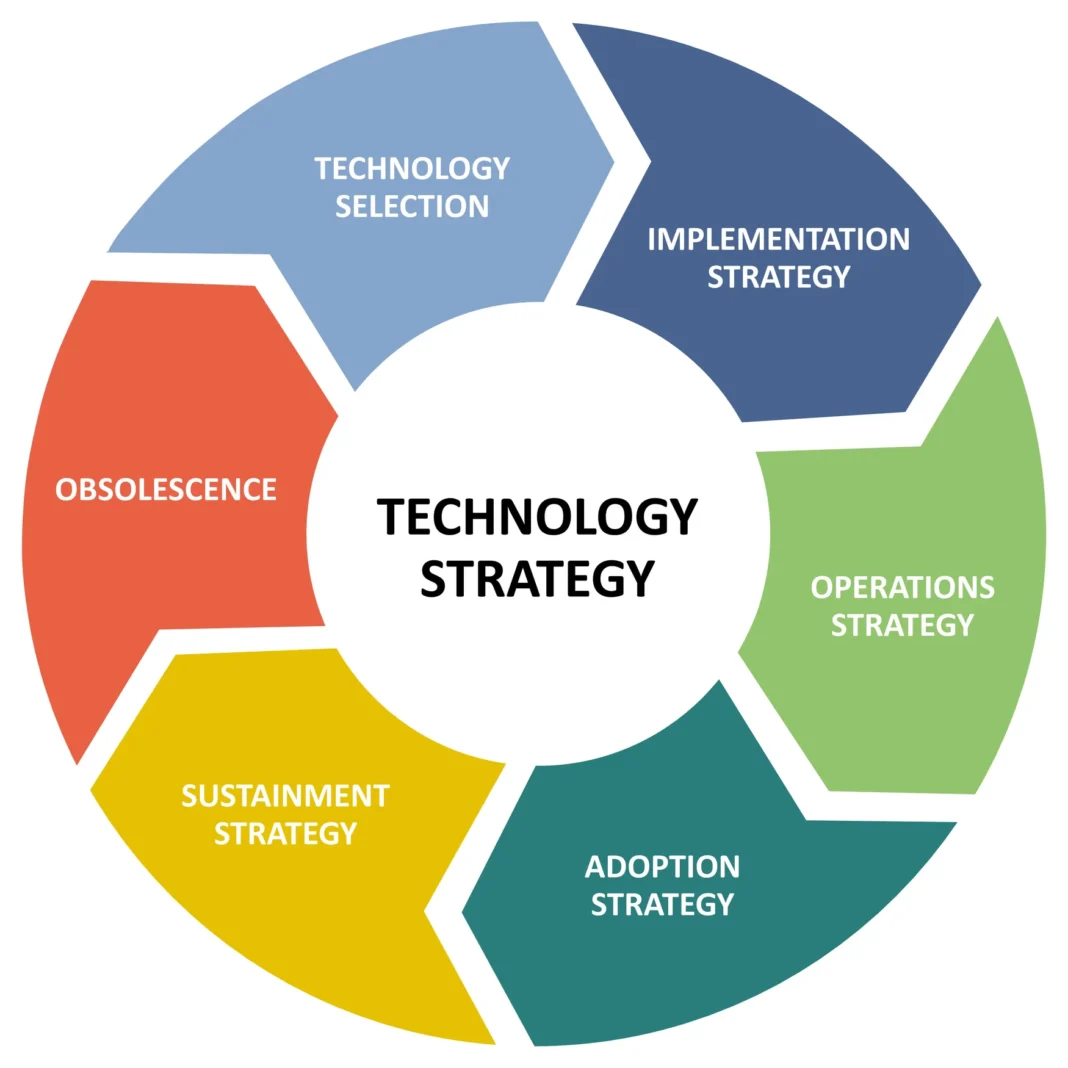In the fast-paced and competitive landscape of the tech industry, maintaining confidentiality and protecting sensitive information is paramount. However, the prevalence of leaks and breaches continues to pose significant challenges for companies worldwide. This article explores innovative strategies adopted by tech firms in 2024 to combat leaks effectively, examining technological advancements, regulatory considerations, and proactive measures aimed at safeguarding intellectual property and maintaining trust with stakeholders.
Understanding the Scope of Tech Industry Leaks
- Types of Leaks:
- Tech industry leaks encompass various forms, including product designs, source code, financial data, and confidential communications.
- Leaks can originate from internal sources (employees, contractors) or external threats (cyberattacks, espionage), highlighting the diverse nature of security vulnerabilities.
- Impact on Companies:
- Leaks jeopardize competitive advantage, erode customer trust, and lead to financial repercussions such as stock fluctuations and legal liabilities.
- Reputation damage and regulatory scrutiny further underscore the importance of robust leak prevention strategies.
Innovative Strategies to Enhance Security
- Advanced Encryption and Data Protection:
- Implementation of end-to-end encryption and cryptographic protocols ensures data integrity and confidentiality across digital platforms and communication channels.
- Encryption technologies protect sensitive information from unauthorized access, mitigating risks associated with data breaches and insider threats.
- AI-Powered Threat Detection and Response:
- Integration of artificial intelligence (AI) and machine learning algorithms enables proactive threat detection, anomaly detection, and behavioral analysis.
- AI-driven security solutions identify patterns indicative of potential leaks or suspicious activities, enabling swift incident response and threat mitigation.
- Blockchain for Data Integrity:
- Blockchain technology facilitates secure data storage, decentralized authentication, and immutable record-keeping, enhancing transparency and accountability in information management.
- Smart contracts automate compliance checks and streamline data sharing while preventing unauthorized modifications or tampering.
Regulatory Compliance and Governance
- Adherence to Data Privacy Regulations:
- Compliance with global data protection laws (e.g., GDPR, CCPA) mandates stringent data handling practices, user consent mechanisms, and data breach notification requirements.
- Tech firms prioritize regulatory compliance to uphold consumer rights, mitigate legal risks, and demonstrate corporate responsibility in data stewardship.
- Internal Policies and Employee Training:
- Implementation of comprehensive security policies, access controls, and least privilege principles restricts data access based on roles and responsibilities.
- Ongoing employee training programs raise awareness about cybersecurity best practices, social engineering threats, and incident reporting protocols.
Proactive Measures and Incident Response
- Threat Intelligence and Collaboration:
- Participation in industry forums, threat intelligence sharing networks, and partnerships with cybersecurity vendors enhance threat visibility and incident response capabilities.
- Collaboration fosters collective defense strategies against evolving cyber threats and facilitates knowledge exchange on emerging security trends.
- Continuous Monitoring and Auditing:
- Real-time monitoring of network traffic, system logs, and user activities enables early detection of anomalies and unauthorized access attempts.
- Regular security audits, penetration testing, and vulnerability assessments identify gaps in defenses and prioritize remediation actions to fortify resilience against leaks.
Future Outlook and Industry Resilience
- Integration of Quantum-Safe Cryptography:
- Anticipating future threats, tech firms invest in quantum-resistant encryption methods to preemptively address vulnerabilities posed by quantum computing advancements.
- Quantum-safe cryptography ensures long-term data protection and resilience against sophisticated cyber threats in the evolving digital landscape.
- Cultural Emphasis on Security Awareness:
- Cultivating a culture of cybersecurity awareness and accountability empowers employees to become proactive defenders of company assets and sensitive information.
- Leadership commitment to security initiatives fosters organizational resilience and promotes a unified approach to mitigating risks posed by tech industry leaks.
Conclusion
Innovative strategies to combat tech industry leaks in 2024 reflect a proactive stance towards safeguarding intellectual property, preserving customer trust, and maintaining competitive advantage. By leveraging advanced technologies, adhering to regulatory standards, and fostering a security-conscious culture, tech firms enhance resilience against evolving cyber threats while driving innovation and sustainable growth.


